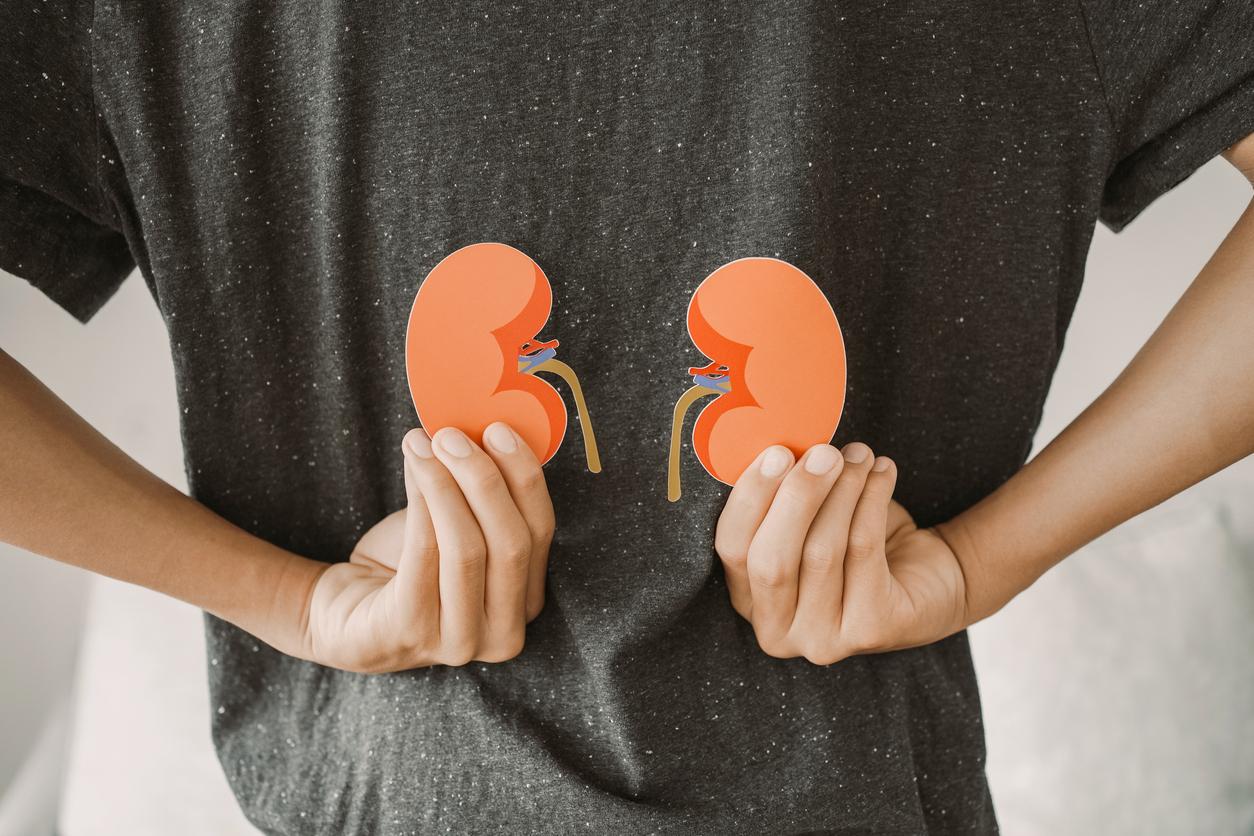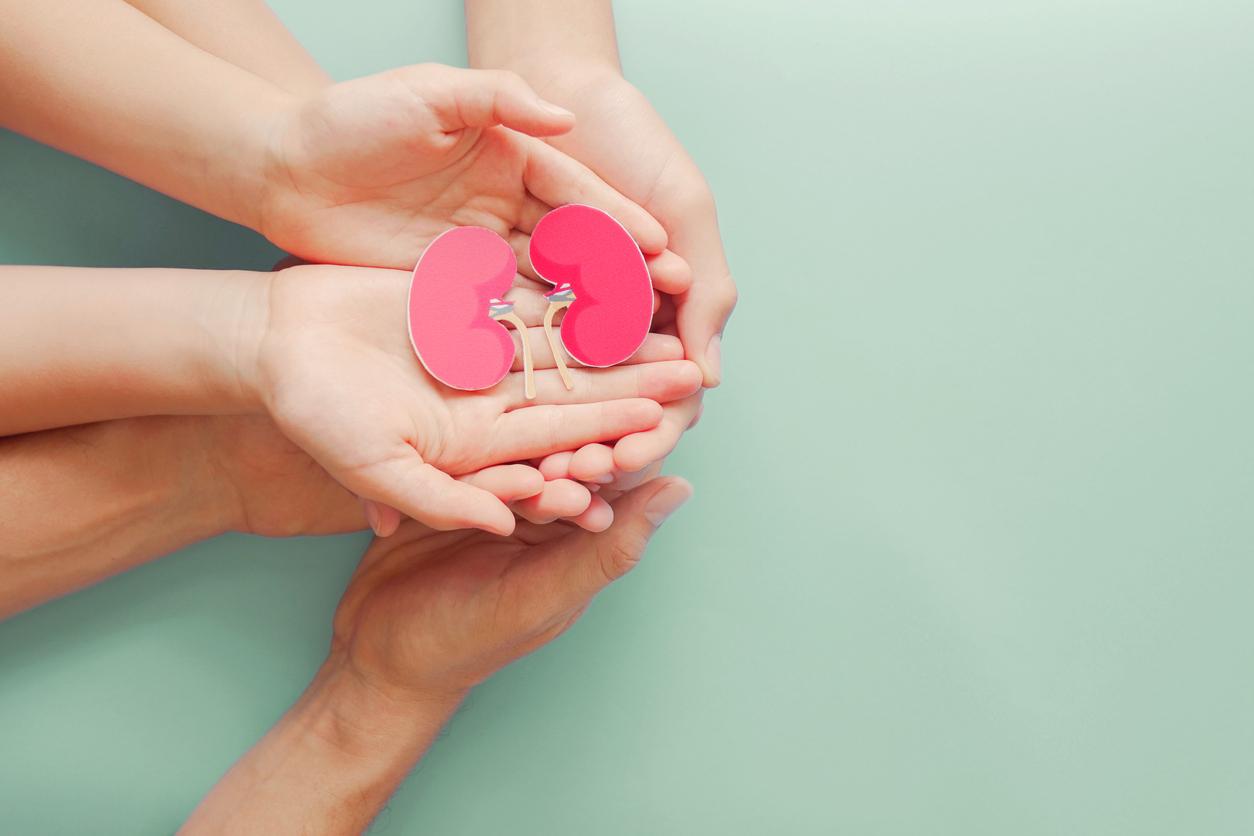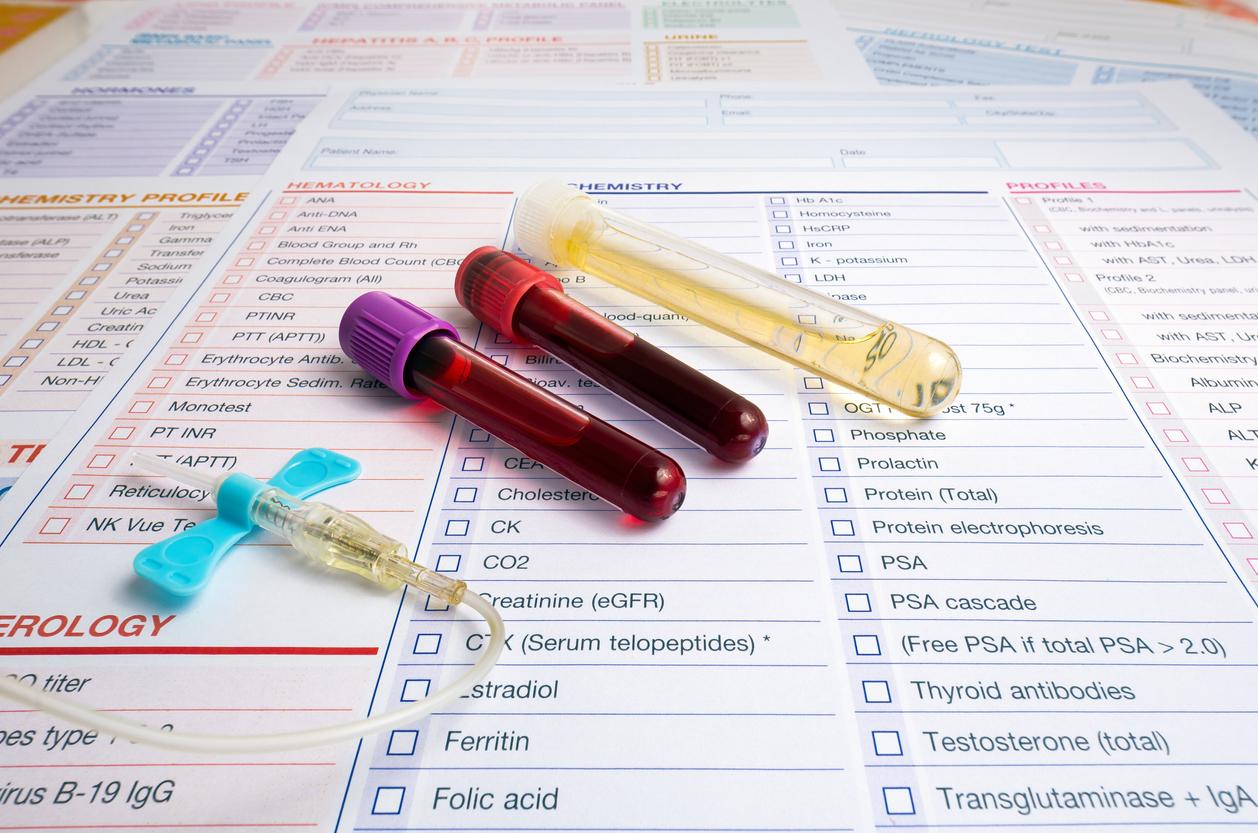Widely prescribed in France, proton pump inhibitors (PPIs) are associated with an increased risk of developing chronic kidney disease.

The standard treatment for acid reflux, proton pump inhibitors (PPIs), would considerably increase the risk of developing chronic renal failure. These are the conclusions of a study published this Monday in the JAMA Internal Medicine.
Appeared in the 1990s, PPIs have since been widely prescribed in the treatment of gastroesophageal reflux disease, digestive ulcers or even in the prevention of lesions induced by non-steroidal anti-inflammatory drugs (NSAIDs).
In France, with more than 16 million prescriptions per year, or nearly 60 million boxes sold, PPIs are ranked among the 100 most prescribed drugs according to the National Health Insurance Fund.
And despite massive use of these drugs for over twenty five years, their side effects are still poorly understood. Studies have shown that their use increases the risk of lung infections and promotes osteoporosis. Other work has highlighted the role of PPIs in interstitial nephritis, an inflammation of the kidneys.
At the recent American Association of Nephrology Annual Meeting in San Diego, California, a team from the University of Buffalo examined health data from 71,000 patients with chronic kidney disease. Of these, more than a quarter had received PPIs. In these patients, the consumption of these drugs is associated with a 10% increased risk of developing chronic kidney disease and a 76% increased risk of premature death.
10,400 patients followed
In the study published Monday, researchers at Johns Hopkins University followed more than 10,400 healthy patients with an average age of 63. These studies have shown a 20% to 50% increased risk of developing chronic renal failure.
The researchers had presented at the Congress of San Diego, the results of a second study, carried out over 17 years on approximately 240,000 patients. “In these two studies, the participants who took PPIs did not have an increased risk of developing kidney disease,” said Dr. Benjamin Lazarus, head of the work.
Too many unjustified prescriptions
“PPIs are often prescribed outside of official recommendations for use,” noted Dr Pradeep Arora, coordinator of this work. And it is estimated that more than two-thirds of patients are treated unnecessarily with PPI. “
Besides the unwarranted use of PPIs, self-medication is also problematic. In France, several of these drugs are available in pharmacies without a prescription. To avoid prolonged use, packaging has been limited to 14 tablets. However, in view of the potential side effects, better prevention measures may be needed.
.

















